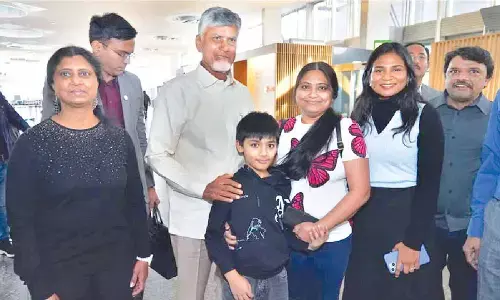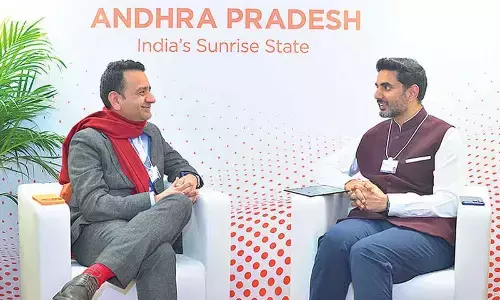Women in family

Women in family
Women have time and again made their presence visible in every sector of the economy and in every walk of life.
Women have time and again made their presence visible in every sector of the economy and in every walk of life. The space in which their contribution is abundant and often unspoken is their family. In India, where family system forms the core of our values, the role of women in family development is vital. If we looked at a regular day in our lives from a gendered lens, it isn't difficult to understand and acknowledge how women, most often, run the family.
As women empowerment that we talk about made women educated and financially independent, their contribution to the family increased. Women are performing many roles which were earlier considered a man's job and required education – household expenses, administration, children' education, shopping and the like. However, a similar shift in what were considered women's jobs isn't seen. McKinsey estimates that women do 75% of the world's total unpaid care work. In India, women spend 299 minutes a day on unpaid domestic services while men spend 97 minutes, according to the 2019 NSS report on time use. This inequality can be correlated with low participation of women in formal workforce. India ranks 140th among 156 countries in the World Economic Forum's Global Gender Gap Report 2021. Women's labour force participation rate as per that report is 22.3%.
Beyond India too, women have hitherto taken up the role of primary caregivers to children, sick and elderly. This has only intensified during the pandemic. Working women had to do two full-time jobs – with healthcare assistance, childcare, summer camps and domestic help becoming unreachable. Though workplaces do design policies such as maternity leave, flexible working hours, etc. to support women's role in the family, the pressure on them is evident. According to an article by Forbes in 2021, pandemic has resulted in an increase in women's role towards the family that led to women leaving the workforce in record numbers.
It would be incomplete and unfair to not specifically talk about women's role as mothers. Biologically, women can give birth to children and nurture them until a certain age. A child has the closest and a divine connection with the mother, much beyond the umbilical cord. "The hand that rocks the cradle is the hand that rules the world," said the poet William Ross Wallace. In India too, mother is given the utmost respect and treated as equal to God, for the sacrifices she makes. In their formative years, children depend on their mothers immensely for health, education and safety. As beautiful as it sounds, motherhood has a permanent impact on women's health and lifestyle. It only becomes more exhausting for working mothers as shared parenting is still a new concept in India.
Since times immemorial, women have supported their families as mothers, wives, sisters, daughters and grandmothers. Their roles changed and responsibilities increased overtime. But, they never stepped down. They stood by their families and even became the strength, the driving force of families. Yet, their endeavours remain unappreciated. It is high time we created equal families by sharing their load. In the recent times, the concepts of shared household work, shared parenting and flexible workplaces are slowly gaining importance. If we truly envisage a gender-equal world, we should start with gender-equal families.
(The writer is a Assistant professor AMS Arts & Science College for Women, Hyderabad)
















